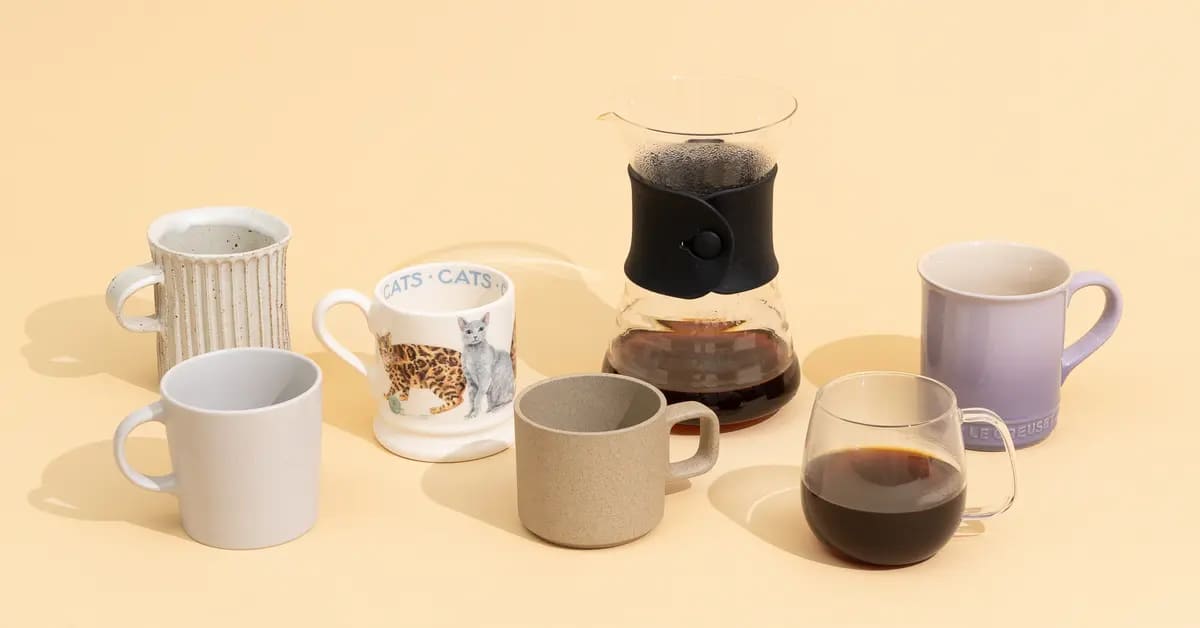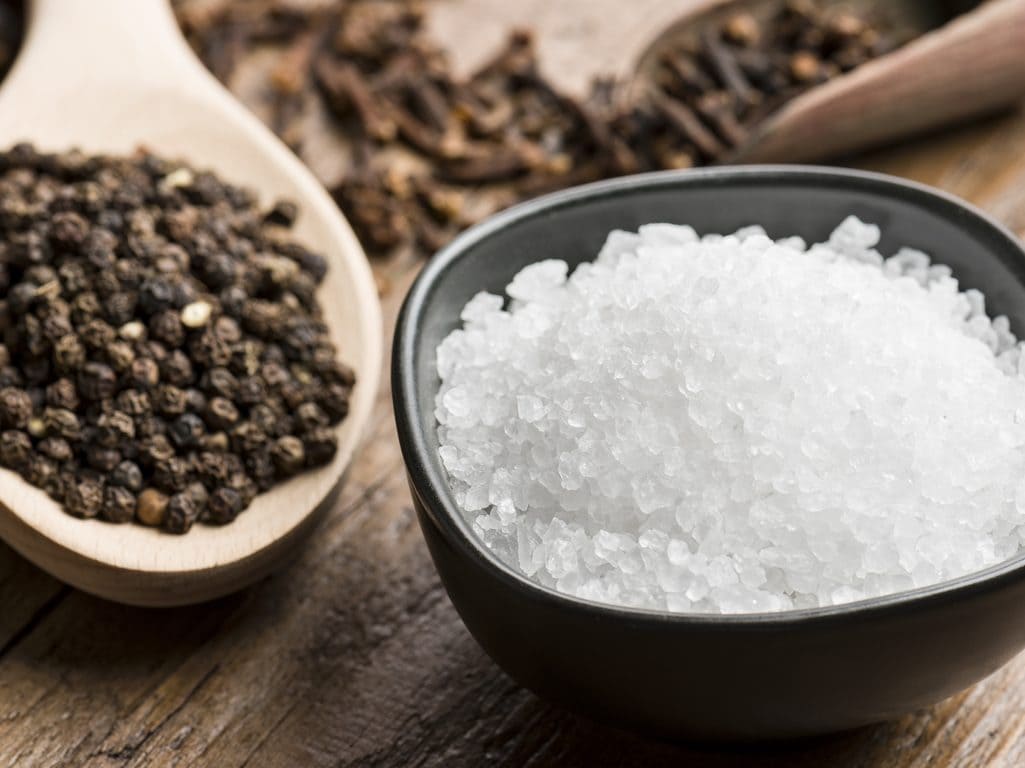When it comes to choosing the perfect mug for your morning coffee or afternoon tea, the material of the mug plays a significant role in the experience. Among the most popular options are glass and ceramic mugs, each offering distinct advantages and drawbacks. Understanding these differences can help you make an informed decision that suits your lifestyle and preferences. In this article, we will delve into the characteristics, benefits, and disadvantages of glass and ceramic mugs, ultimately guiding you toward the best choice for your needs.
The Appeal of Glass Mugs
Glass mugs are known for their elegant appearance and modern aesthetic, which can elevate the experience of drinking hot beverages. Here are some of the key benefits and drawbacks of using glass mugs:
Benefits of Glass Mugs
- Aesthetic Appeal: Glass mugs provide a sleek and contemporary look, allowing you to see the contents inside. This transparency adds to the sensory experience of enjoying a beverage, particularly with layered drinks like lattes and cappuccinos.
- Non-Toxic Material: Glass is a non-porous material, meaning it doesn’t absorb flavors or odors from previous drinks. This makes it an excellent choice for those who enjoy a variety of beverages and want to ensure a pure taste each time.
- Heat Resistance: High-quality borosilicate glass mugs are designed to withstand high temperatures, making them suitable for hot beverages. They are also microwave-safe, offering convenience for reheating drinks.
- Eco-Friendly: Glass is a recyclable material, making it an environmentally friendly option. It can be reused and repurposed, reducing the impact on landfills.
Drawbacks of Glass Mugs
- Fragility: One of the main drawbacks of glass mugs is their fragility. They are prone to breaking if dropped or subjected to sudden temperature changes, making them less durable than other materials.
- Heat Retention: Glass mugs may not retain heat as well as ceramic mugs. Drinks might cool down faster, which can be a disadvantage for those who prefer their beverages to stay hot for extended periods.
- Weight: While glass mugs can vary in weight, some individuals find them heavier than other materials, which might not be ideal for those who prefer lightweight options.
The Timeless Charm of Ceramic Mugs
Ceramic mugs are a classic choice, known for their versatility and wide range of designs. Here are the benefits and drawbacks associated with ceramic mugs:
Benefits of Ceramic Mugs
- Durability: Ceramic mugs are generally more durable than glass mugs, offering better resistance to chipping and breaking. This makes them a practical choice for everyday use.
- Heat Retention: Ceramic mugs excel in retaining heat, keeping your beverages warmer for longer periods. This quality is particularly appreciated in colder climates or for those who savor their drinks over time.
- Design Variety: The versatility of ceramics allows for a wide range of colors, patterns, and finishes. Whether you prefer a rustic handmade mug or a sleek modern design, there is a ceramic option to suit every taste.
- Microwave and Dishwasher Safe: Most ceramic mugs are microwave and dishwasher safe, providing convenience for heating and cleaning.
Drawbacks of Ceramic Mugs
- Porosity: Unlike glass, ceramic is a porous material, which means it can absorb flavors and odors over time. This might affect the taste of your drinks, especially if the mug is not properly cleaned.
- Weight: Ceramic mugs can be heavier than glass mugs, which might not be ideal for individuals who prefer a lighter mug for daily use.
- Potential for Lead Content: Some ceramic glazes may contain lead, which can leach into beverages if the glaze is not properly applied. It’s essential to choose ceramic mugs from reputable manufacturers to ensure safety.
Choosing the Right Mug for You
When deciding between glass and ceramic mugs, it’s important to consider your personal preferences and lifestyle. Here are some factors to help you make the best choice:
- Aesthetic Preferences: If you value aesthetics and enjoy seeing the contents of your mug, a glass mug might be the better choice. Its modern and elegant appearance can enhance your drinking experience.
- Durability Needs: For those who prioritize durability and resistance to breakage, ceramic mugs are the more practical option. They can withstand the rigors of daily use and are less likely to shatter if dropped.
- Heat Retention: If you prefer your beverages to stay hot for longer, ceramic mugs are the ideal choice due to their superior heat retention properties.
- Safety Concerns: If you’re concerned about the potential for lead content in ceramic glazes, opt for high-quality glass mugs or choose ceramic mugs from reputable sources that ensure lead-free glazes.
- Eco-Friendliness: Both glass and ceramic mugs can be environmentally friendly choices, but glass offers the advantage of being fully recyclable.
Conclusion
Ultimately, the decision between glass and ceramic mugs comes down to personal preferences and priorities. Glass mugs offer a modern aesthetic and purity of taste, while ceramic mugs provide durability and excellent heat retention. By considering factors such as aesthetics, durability, heat retention, and safety, you can make an informed decision that enhances your daily coffee or tea ritual. Whether you choose the elegant transparency of glass or the timeless charm of ceramic, both options can elevate your beverage experience and bring joy to your daily routine.





